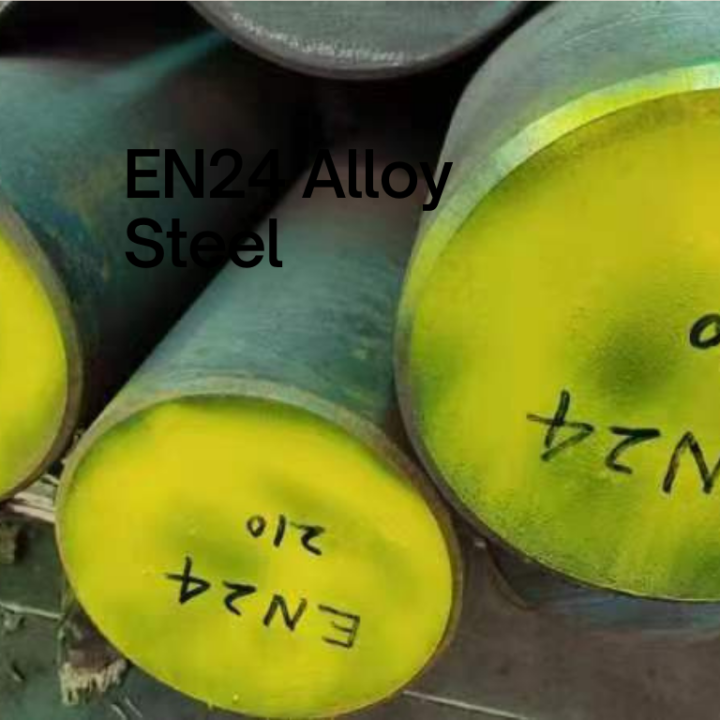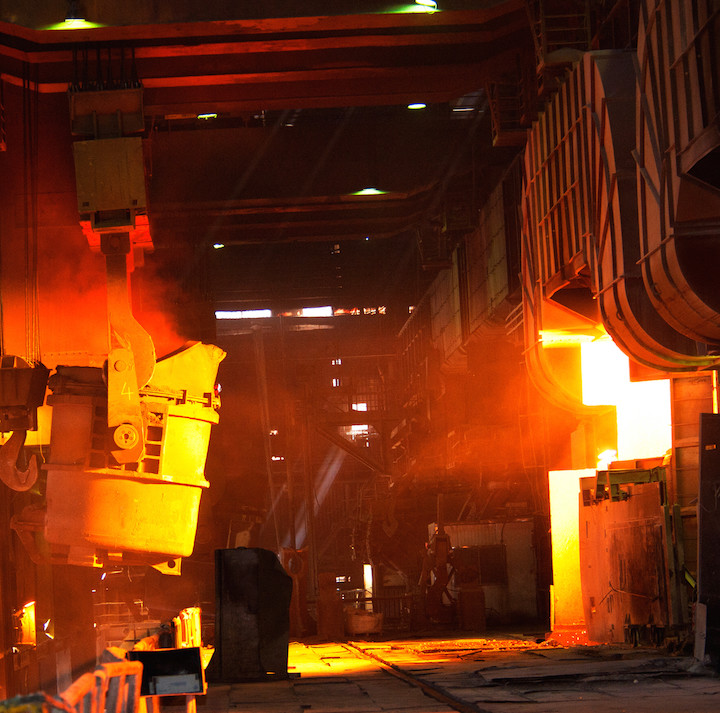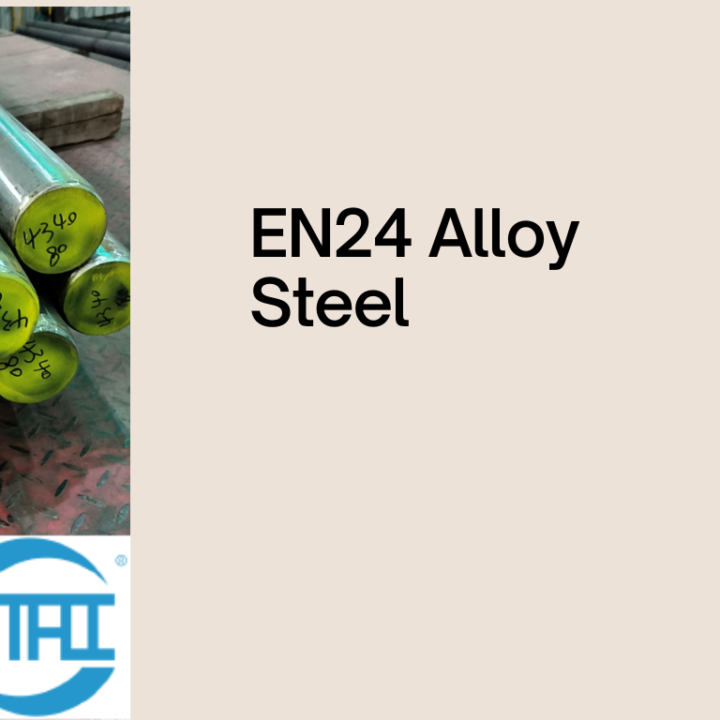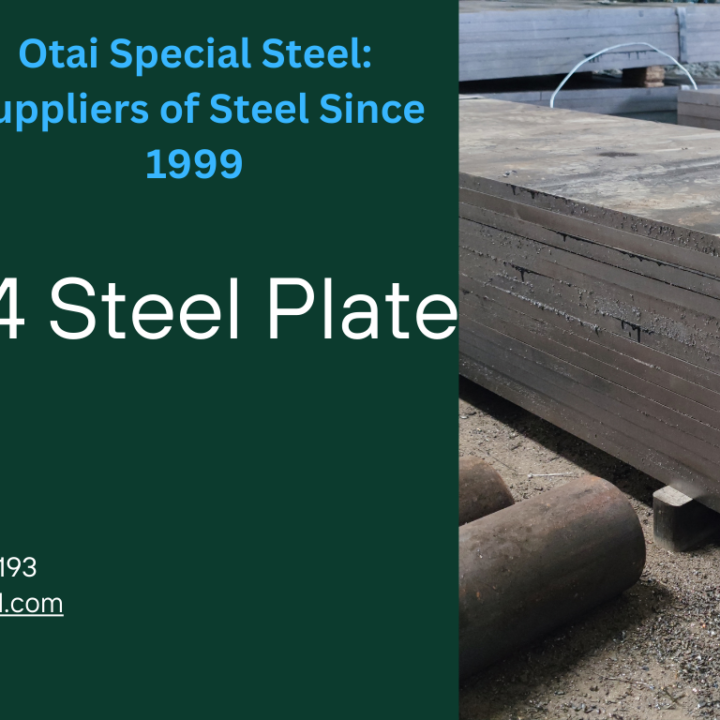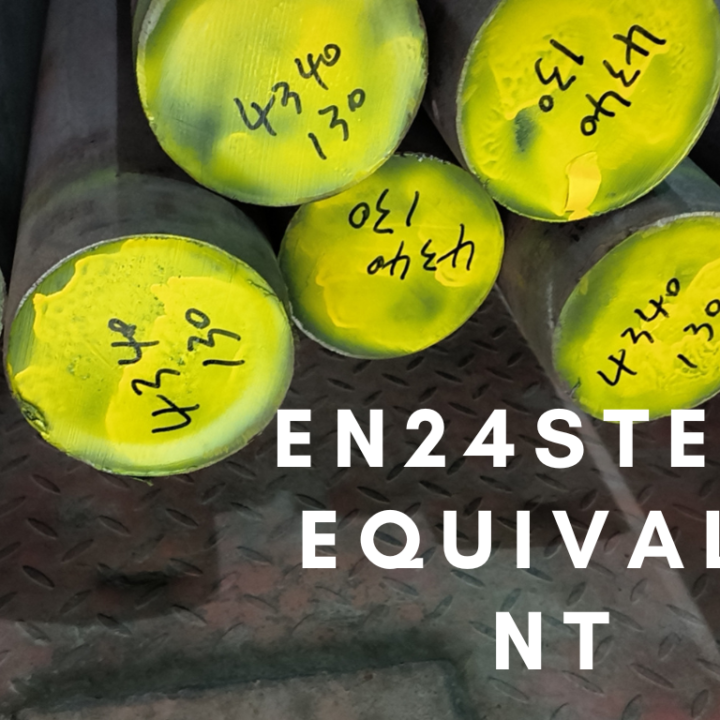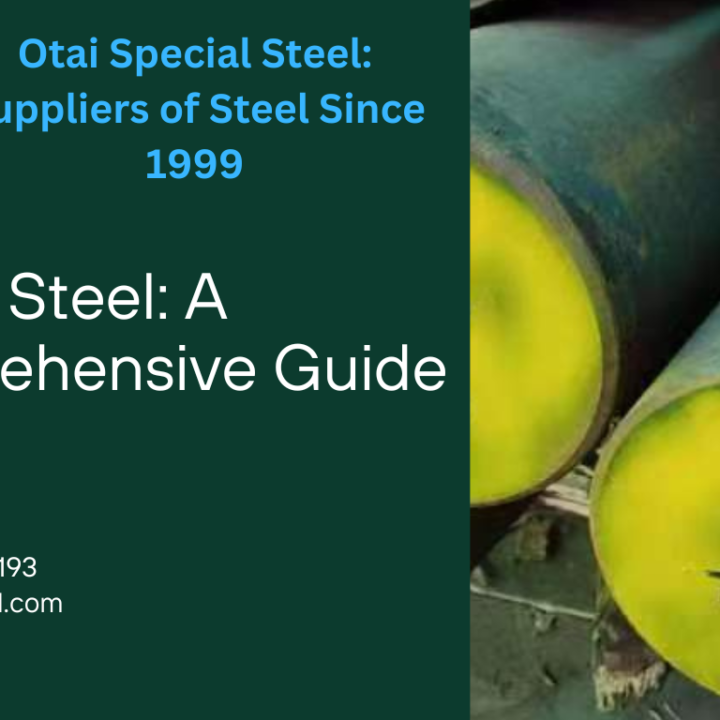
ArcelorMittal steel coils are loaded into the cargo bay of the ship Pacific Huron as they are prepared for their journey from Burns Harbor to Macedonia in 2011. Steel imports declined slightly in October.
Steel imports permit applications totaled 3.1 million tons in October, grabbing 26 percent of the market share, according to the U.S. Commerce Department’s most recent Steel Import Monitoring and Analysis data.
That was down 0.3 percent from the 3.1 million tons imported in September.
Imports of finished steel that would require no further processing in the United States, such as at the steel companies clustered at the Port of Indiana-Burns Harbor in Portage, declined 3.4 percent to 2.5 million tons, according to the American Iron and Steel Association. South Korea, Turkey, Germany, Brazil and Japan sent over the most steel, including 326,000 tons from South Korea.
In October, imports of steel piling rose by 159 percent, tin free steel 45 percent, structural pipe and tubing 32 percent, cut length plates 25 percent, plates in coils 20 percent, hot rolled bars 17 percent and standard pipe 13 percent.
So far this year, imports of oil country goods have risen 231 percent, according to AISI. Imports of line pipe were up 61 percent, standard pipe 44 percent, mechanical tubing 34 percent, structural pipe and tubing 29 percent, cold rolled sheets 26 percent, hot rolled bars 24 percent, sheets and strip all other metallic coatings 23 percent and sheets and strip hot dipped galvanized 16 percent.
Imports have snatched 27 percent of the market share so far this year, according to the U.S. Commerce data.
U.S. Rep. Pete Visclosky, D-Merrillville, has testified before the International Trade Commission three times in 2017 and 11 times in the past few years for greater protections, most recently for wire rod tariffs of up to 756 percent.
“The American steel industry plays an integral part in each of our daily lives. The industry employs 140,000 people and directly supports a million U.S. jobs, and American steelworkers produce steel that is used to build our nation and strengthen our national defense,” Visclosky testified in Washington. “The steel product we are discussing today, wire rod, is particularly diverse in its range of uses and is essential to a number of industries we rely on each day, such as the construction, energy, agriculture, and automotive industries. Unfortunately, it is also one of many steel products that countries throughout the world have consistently traded unfairly.”
